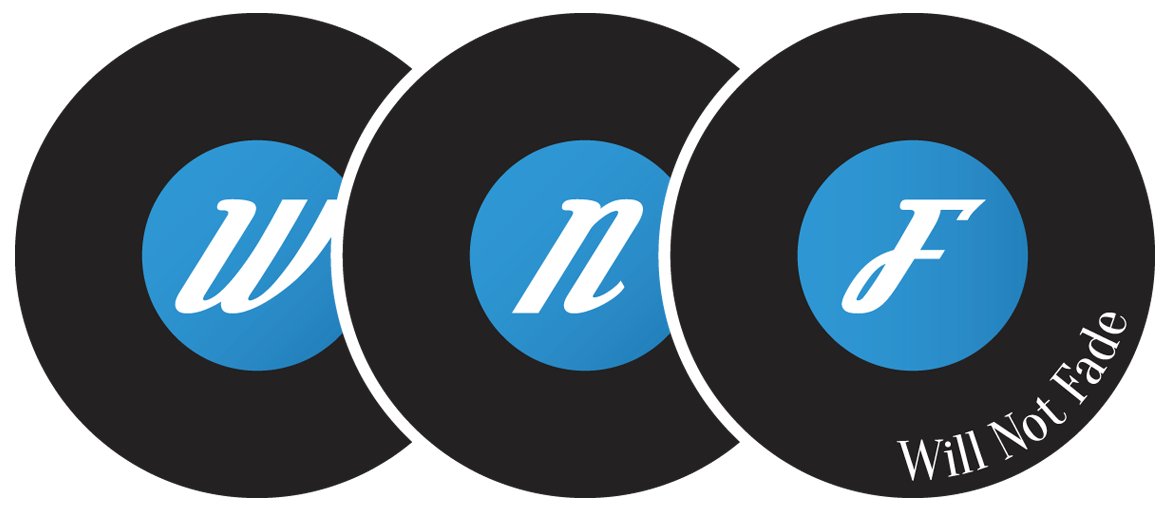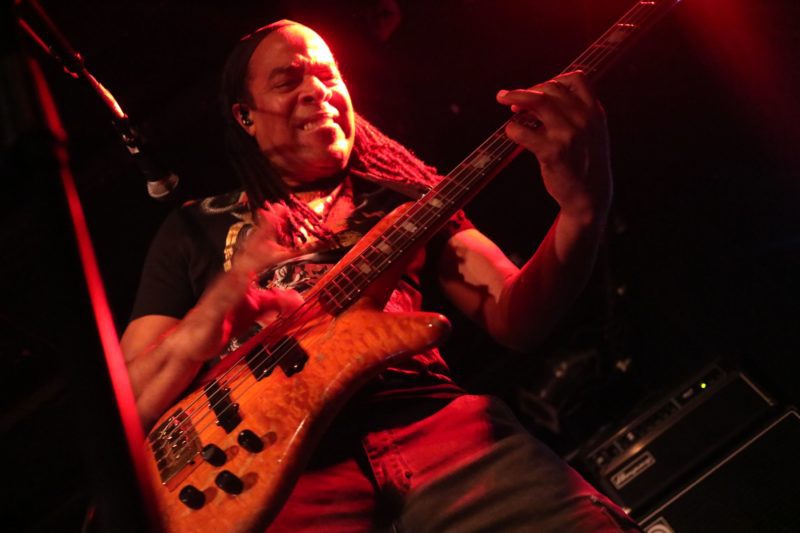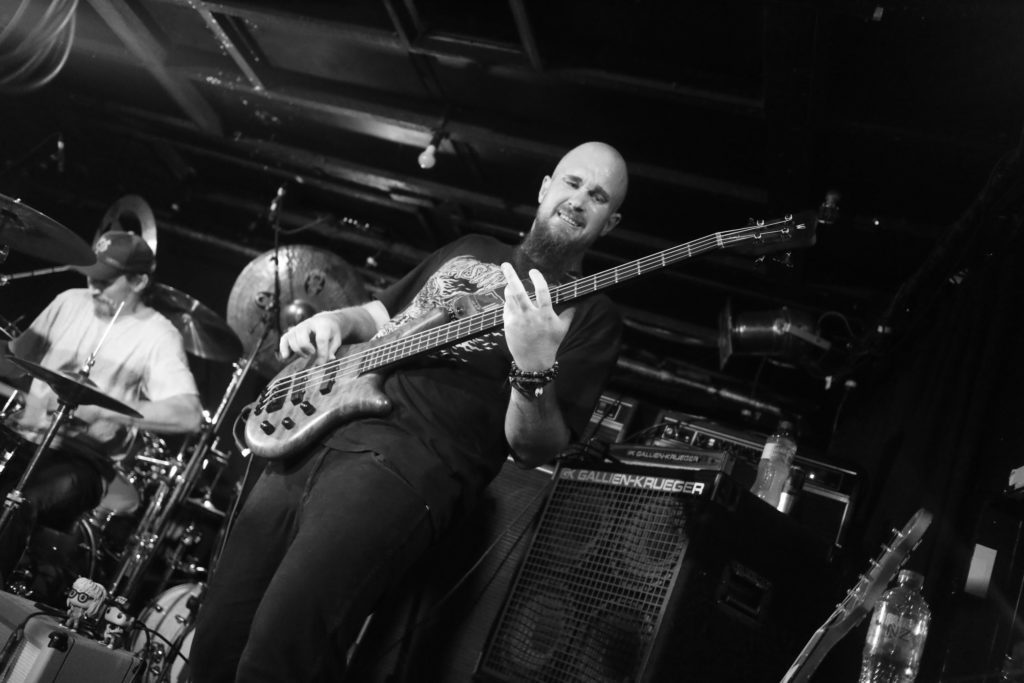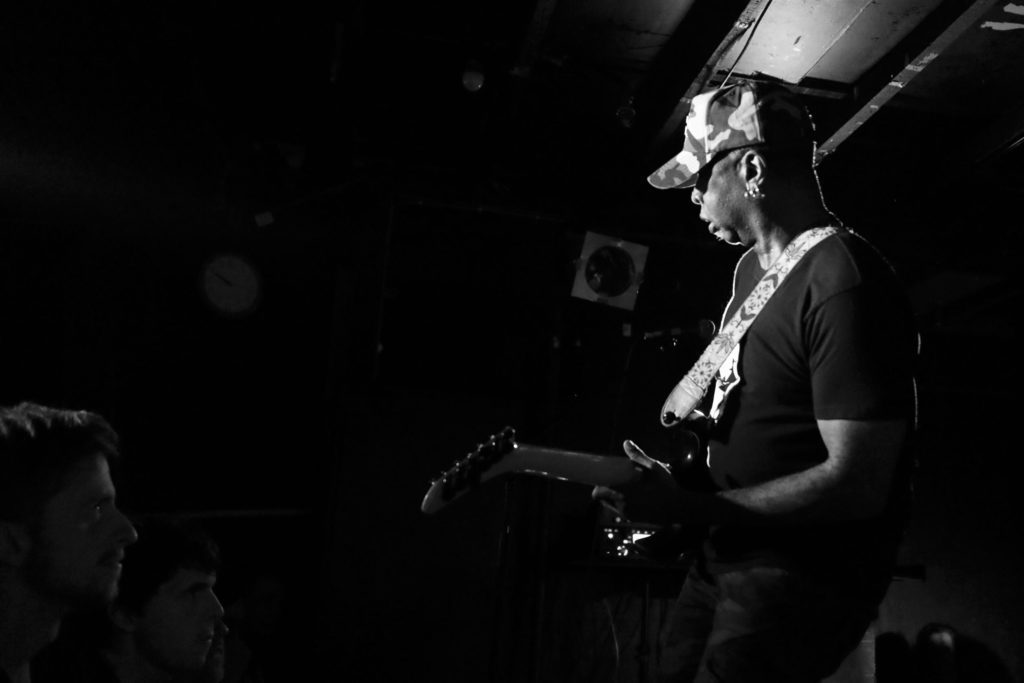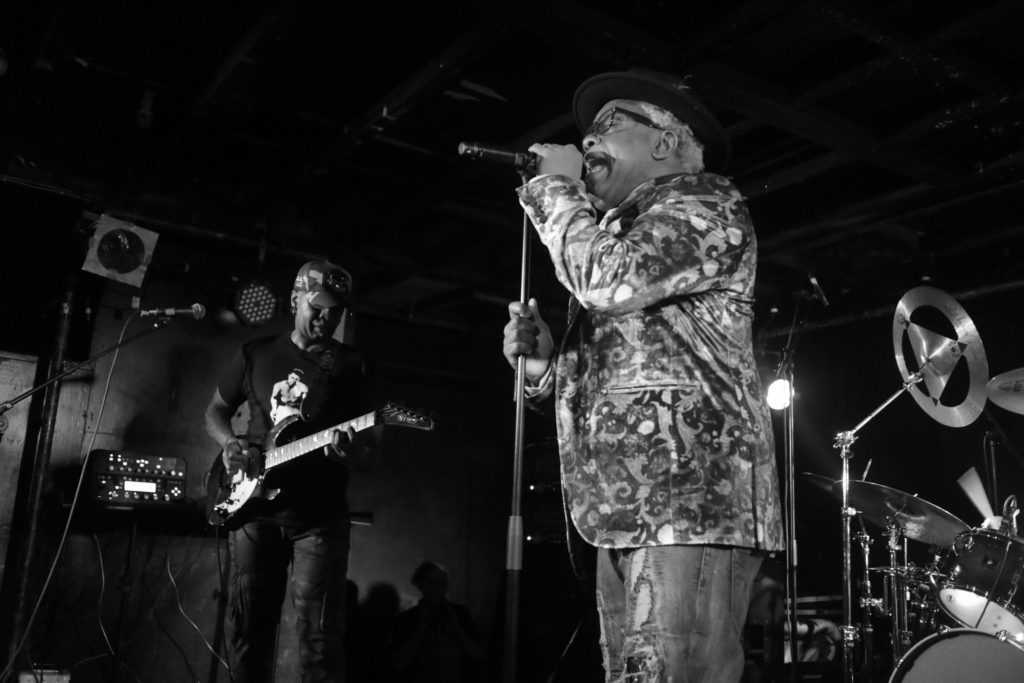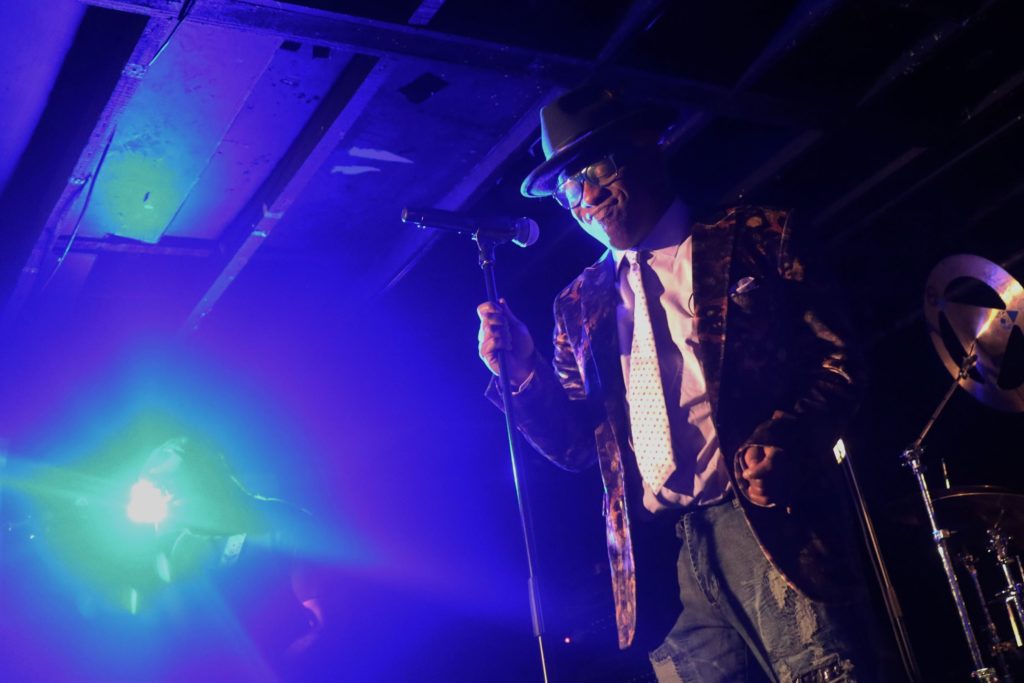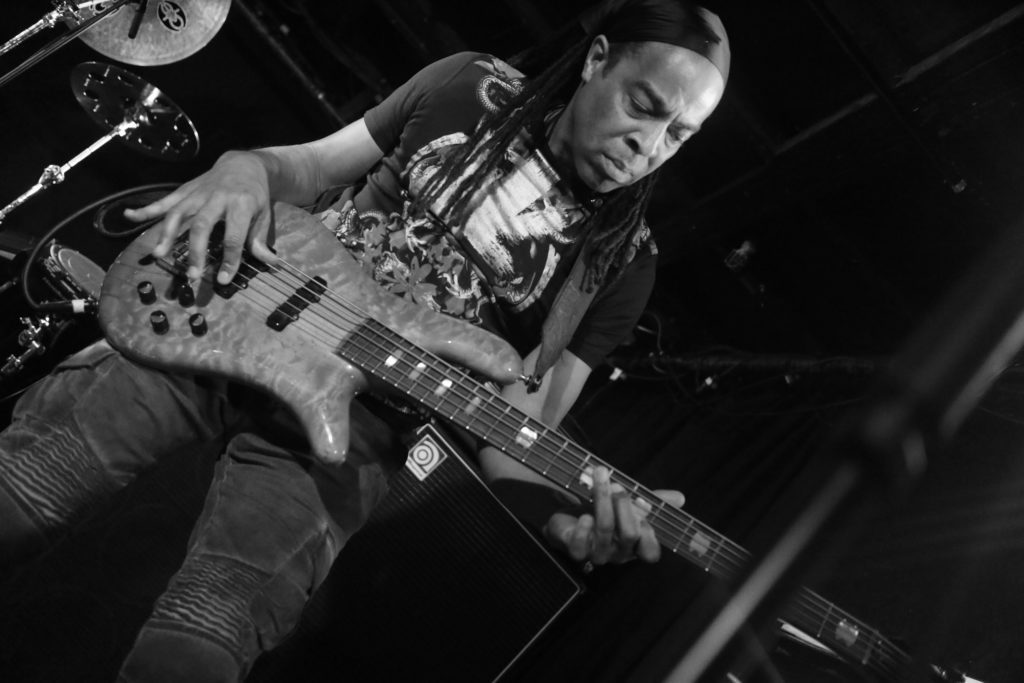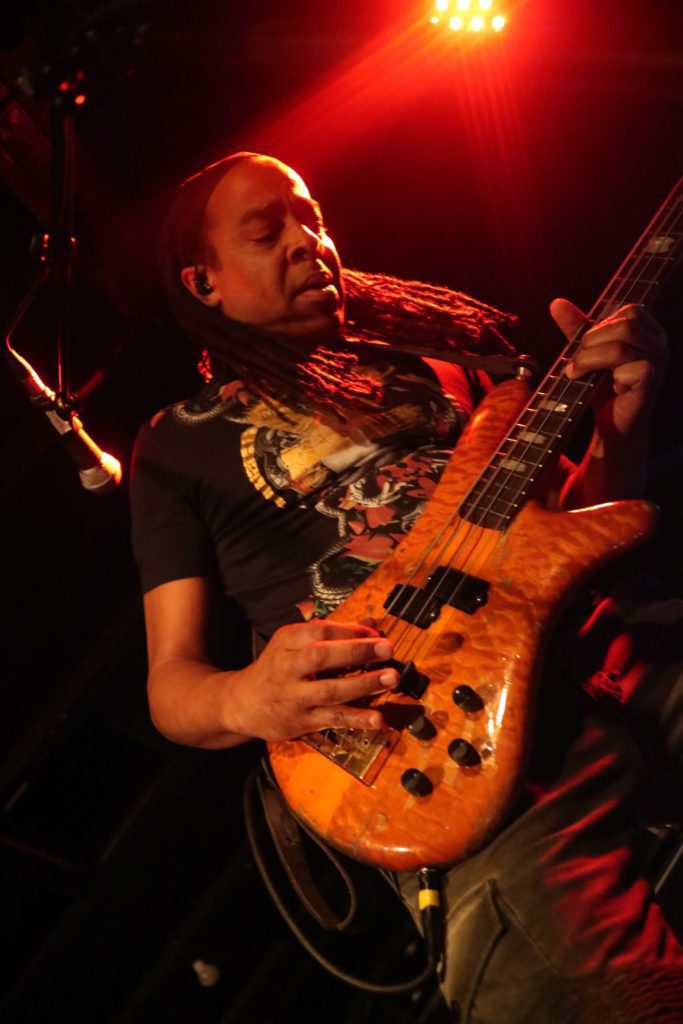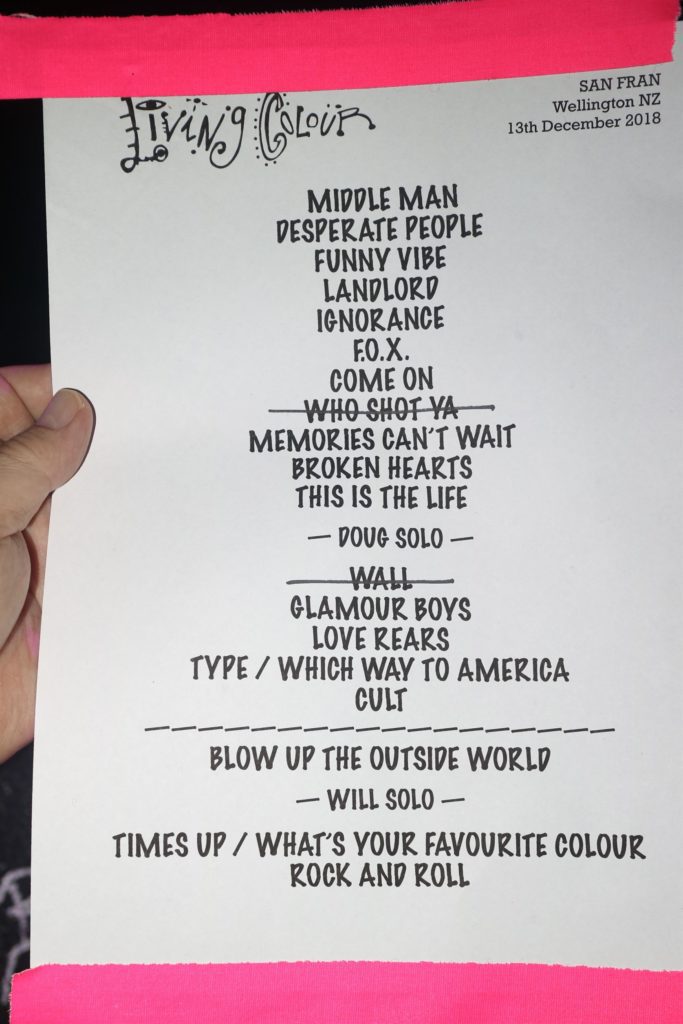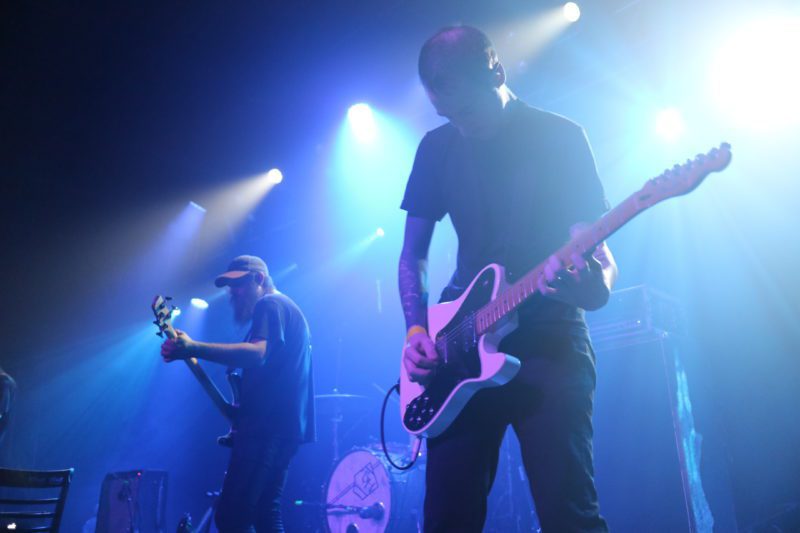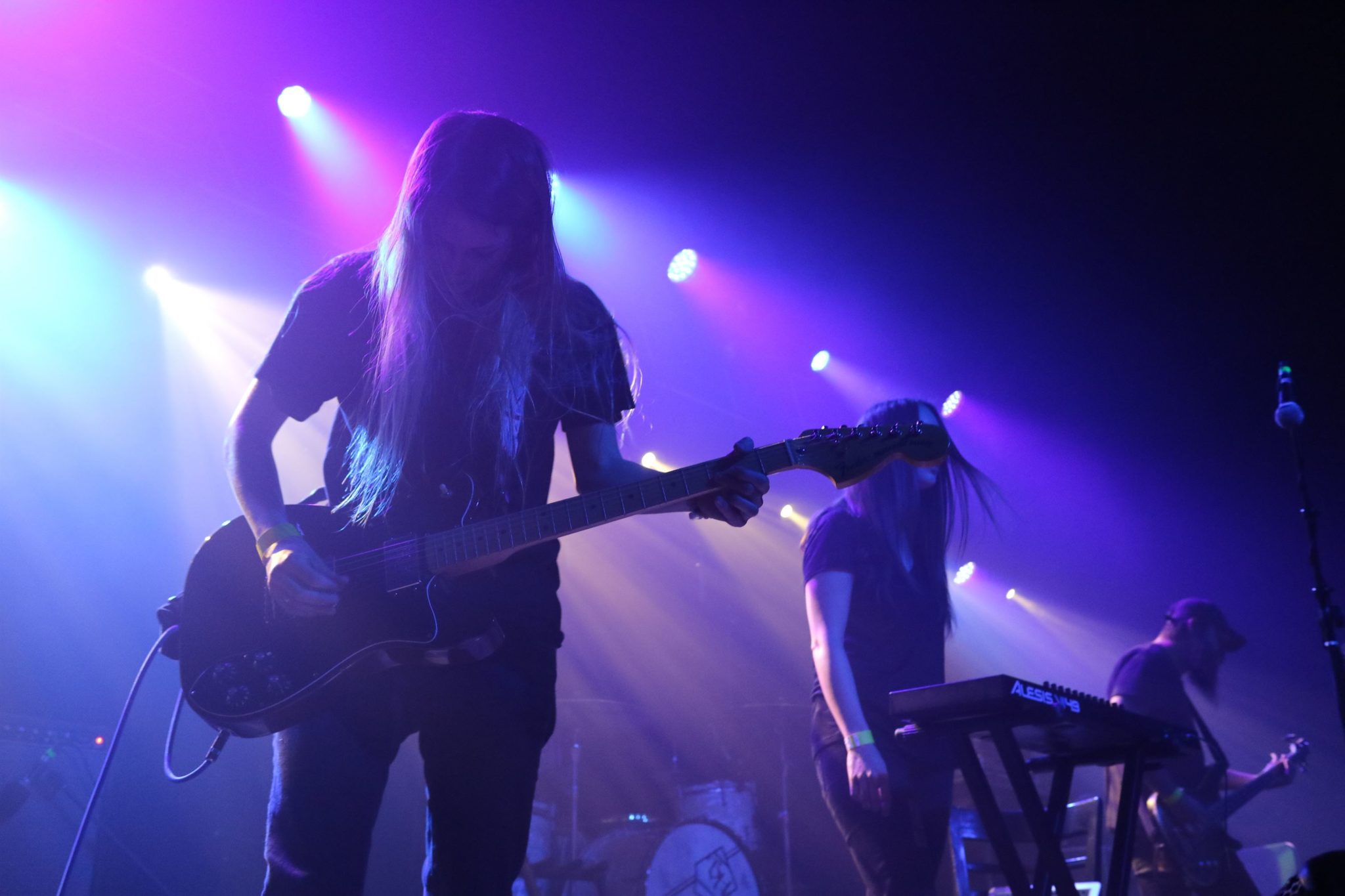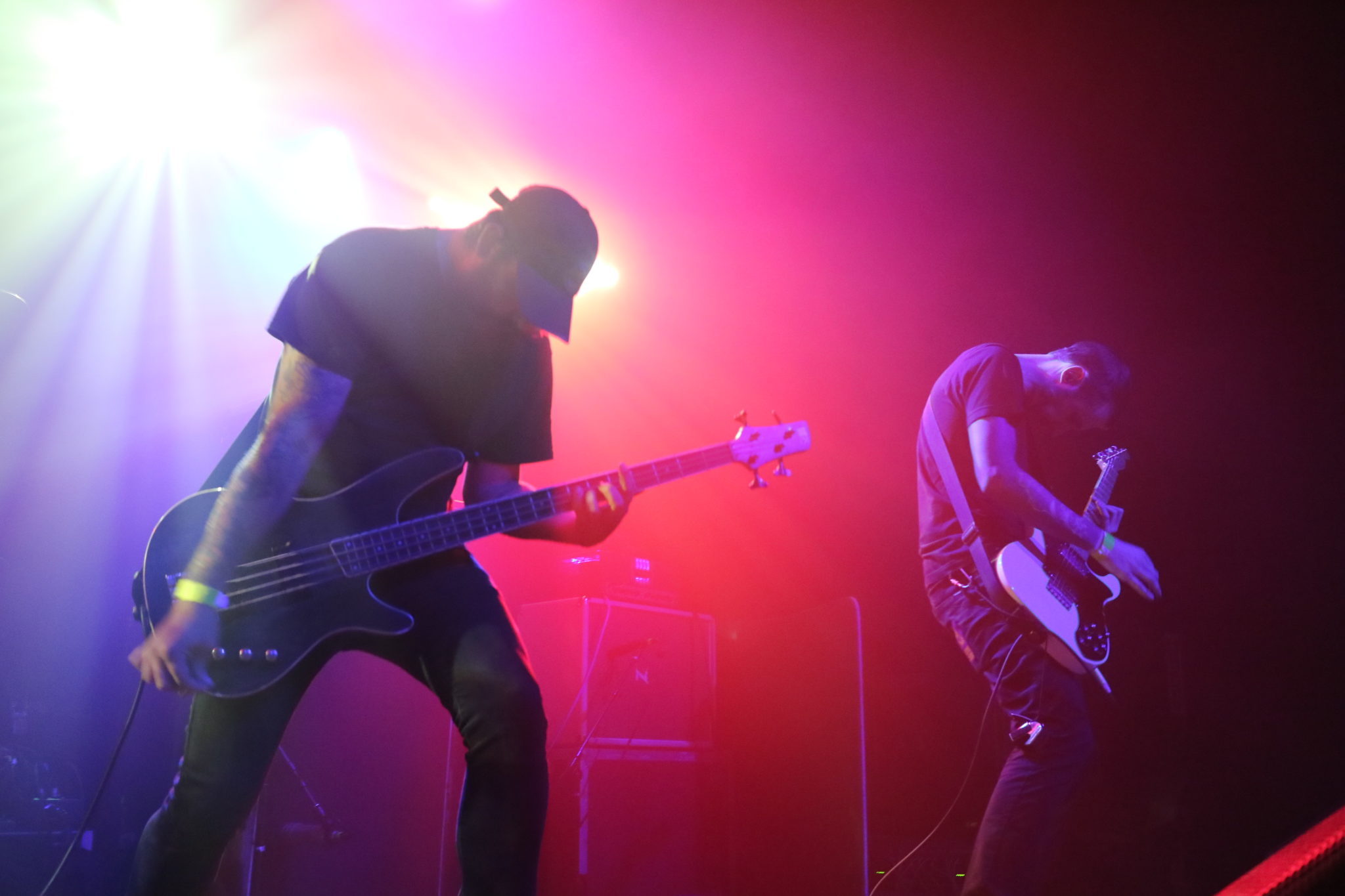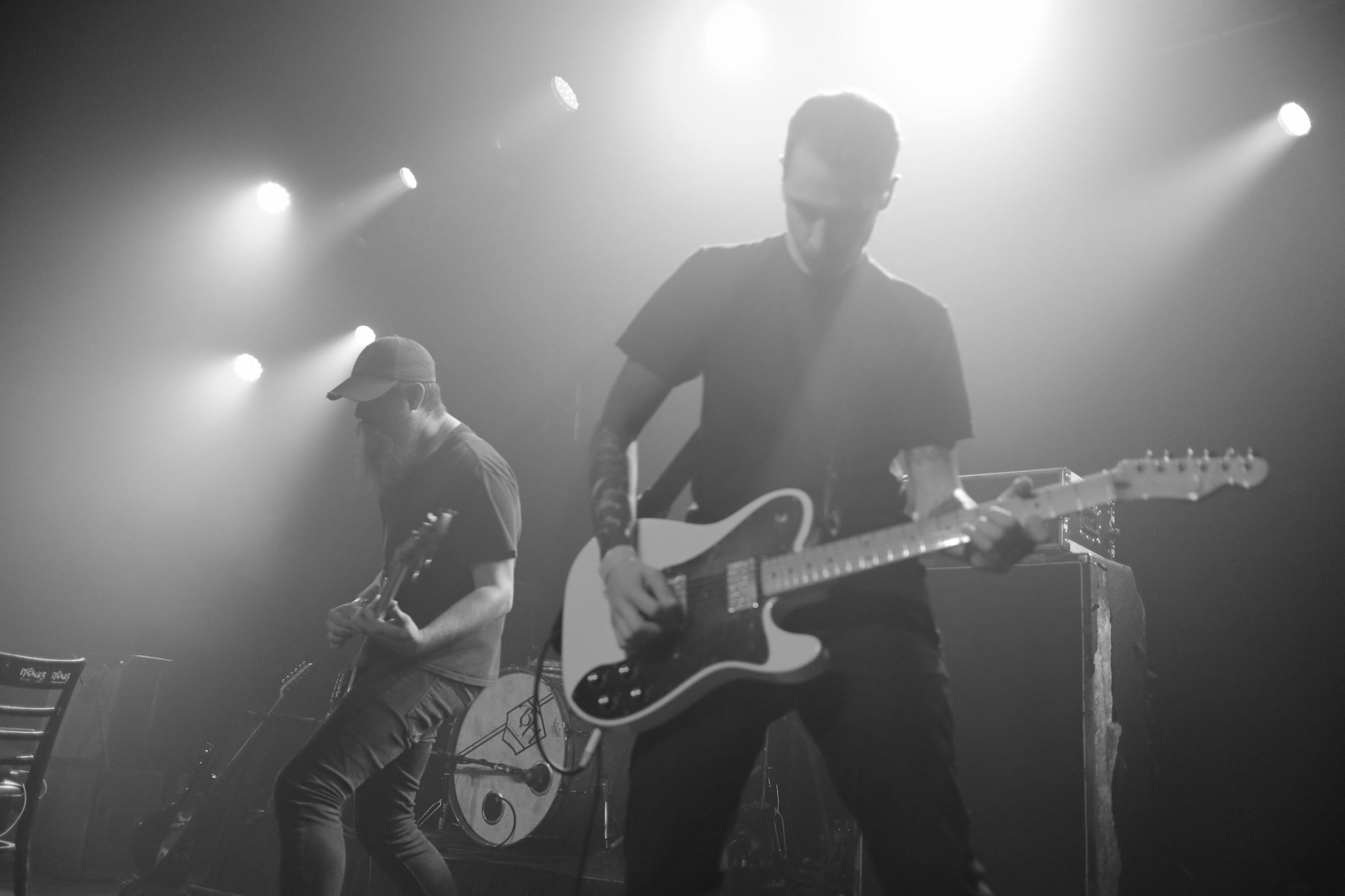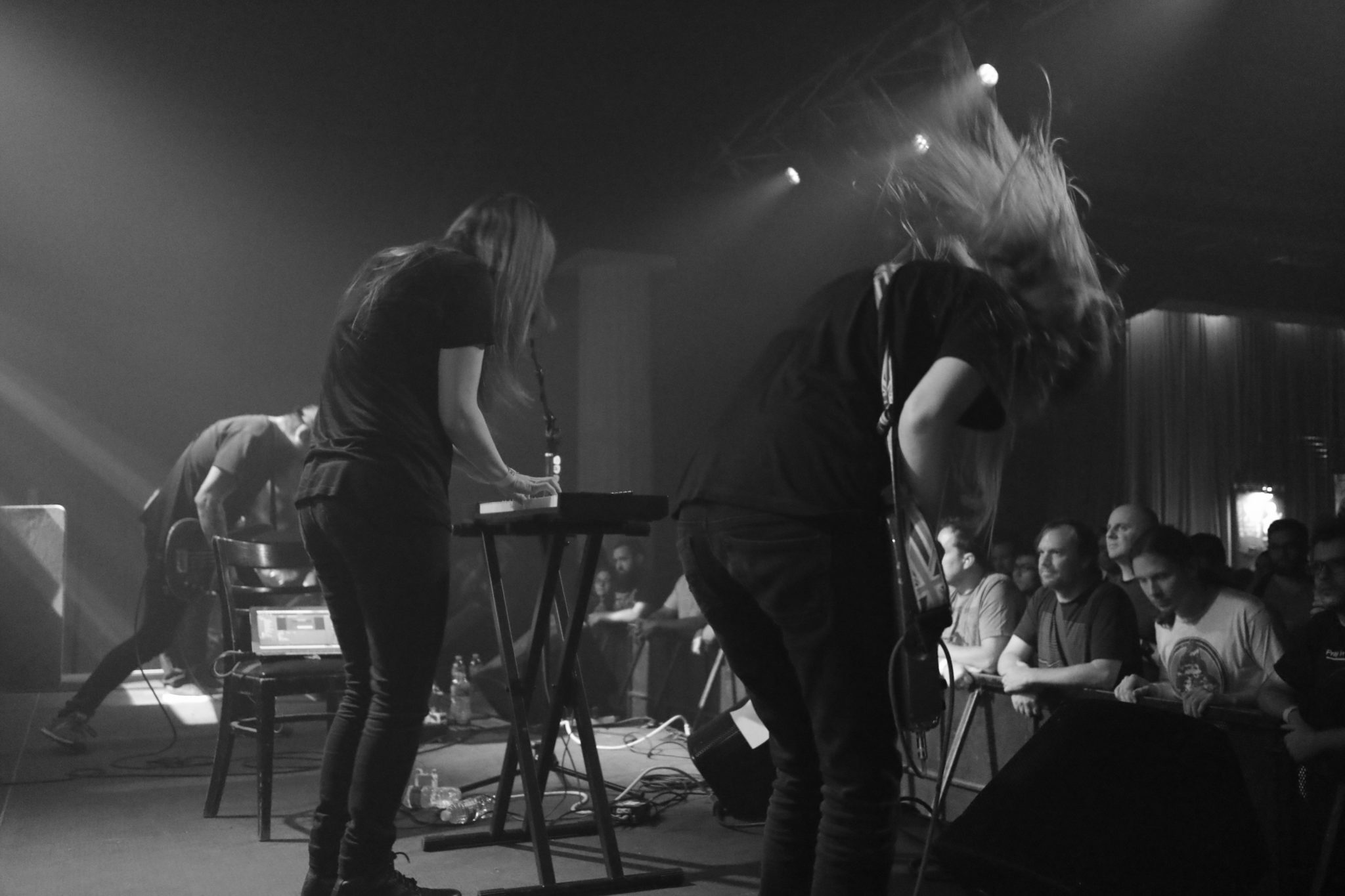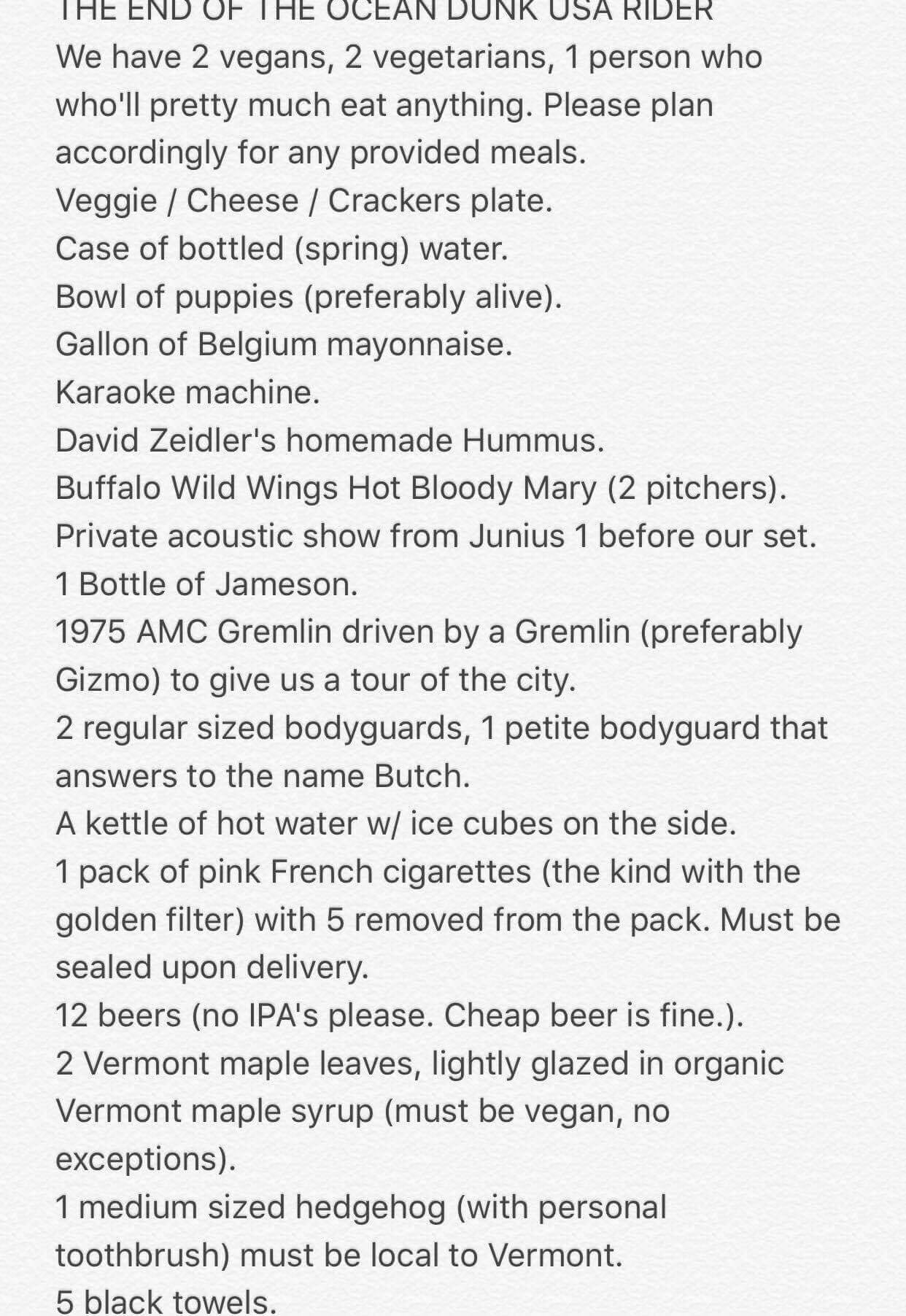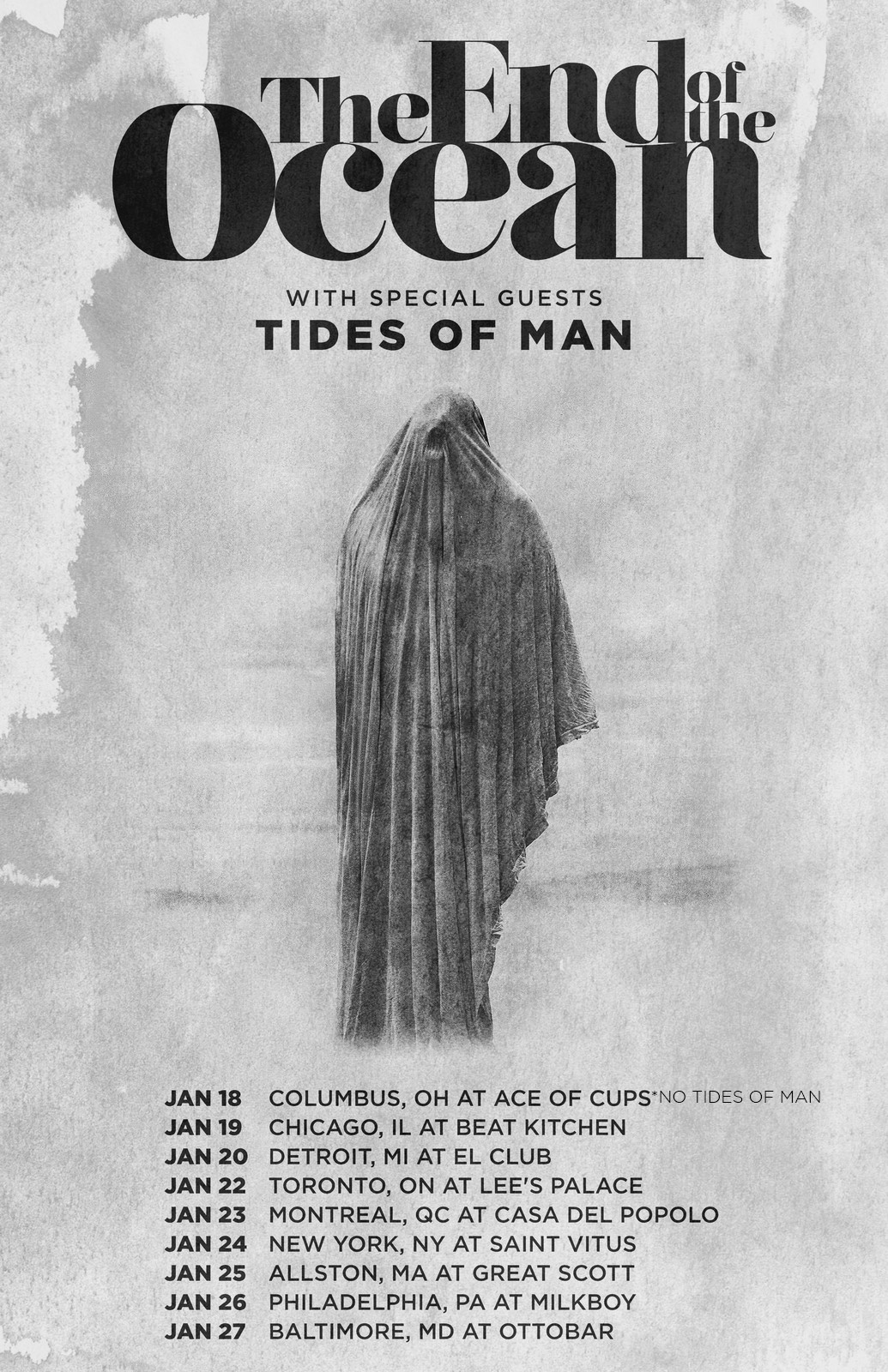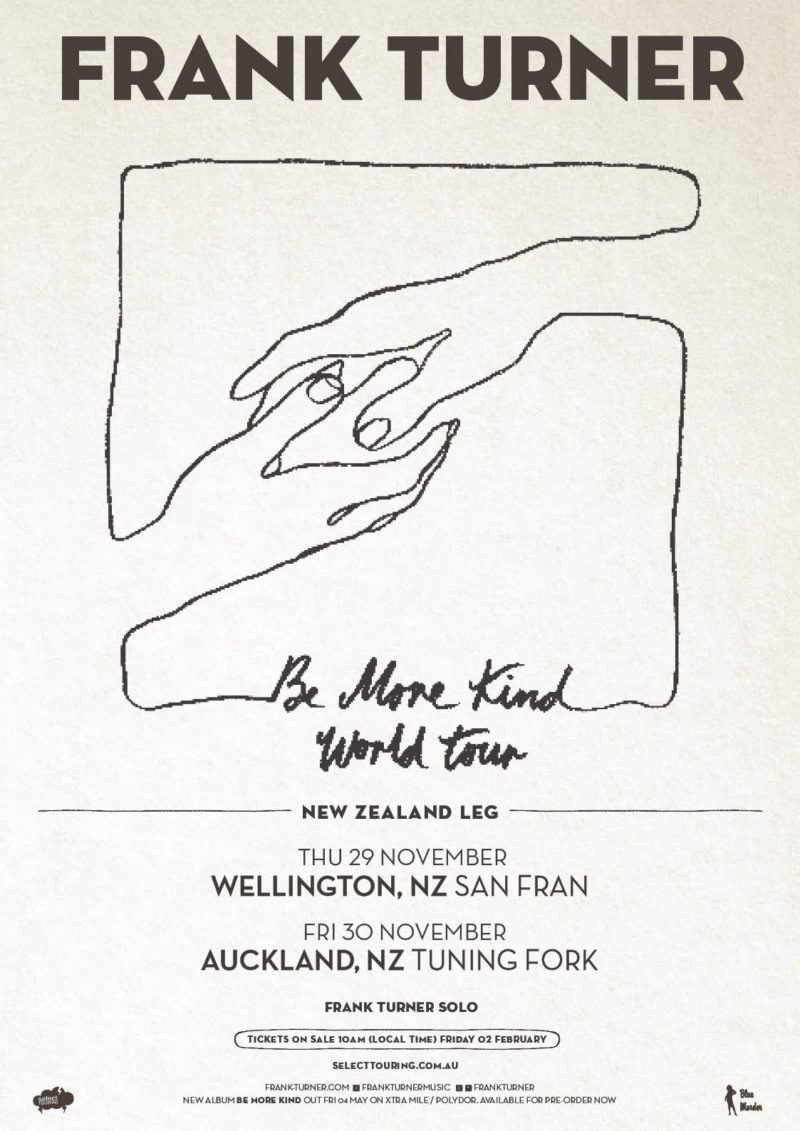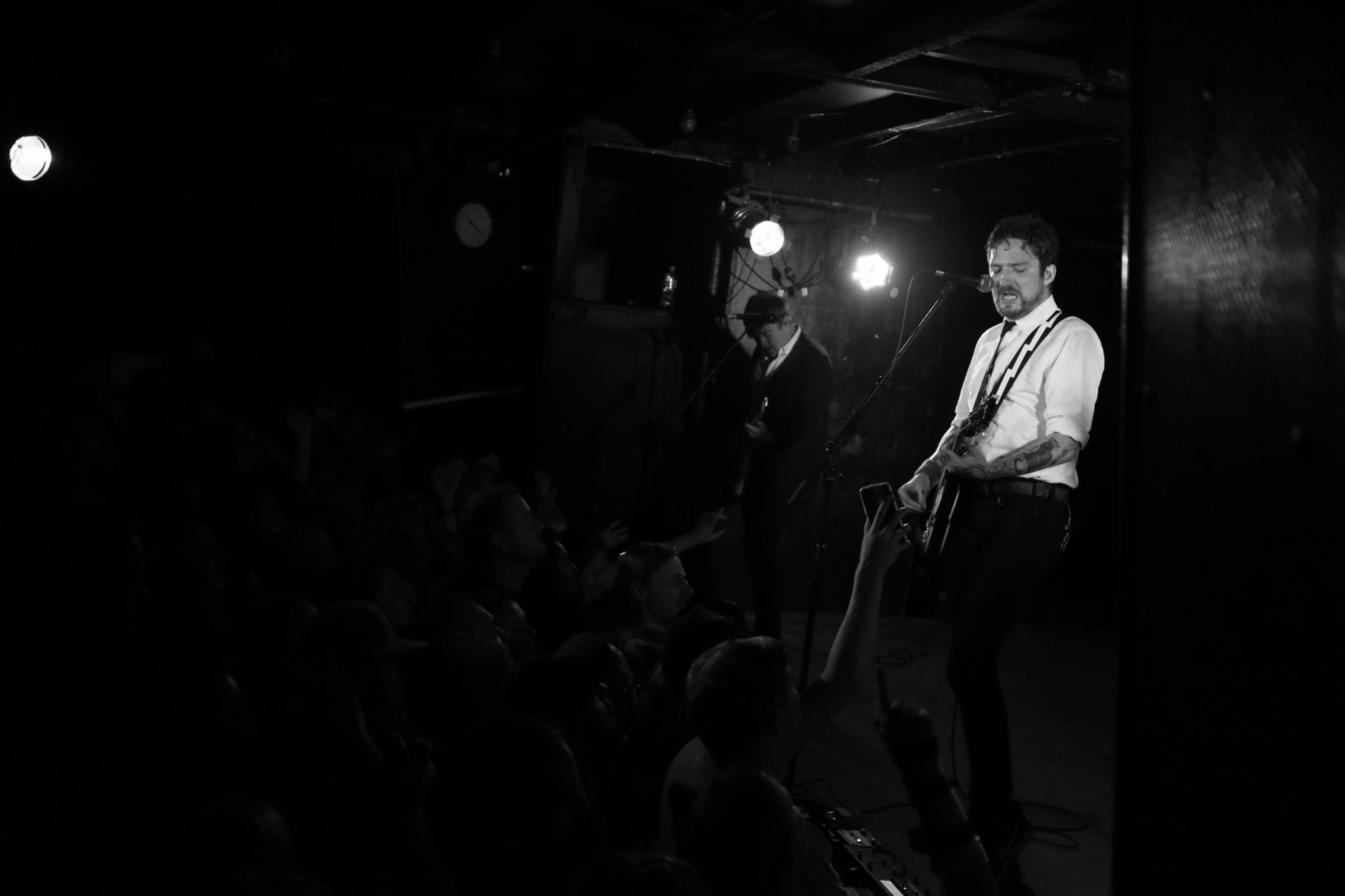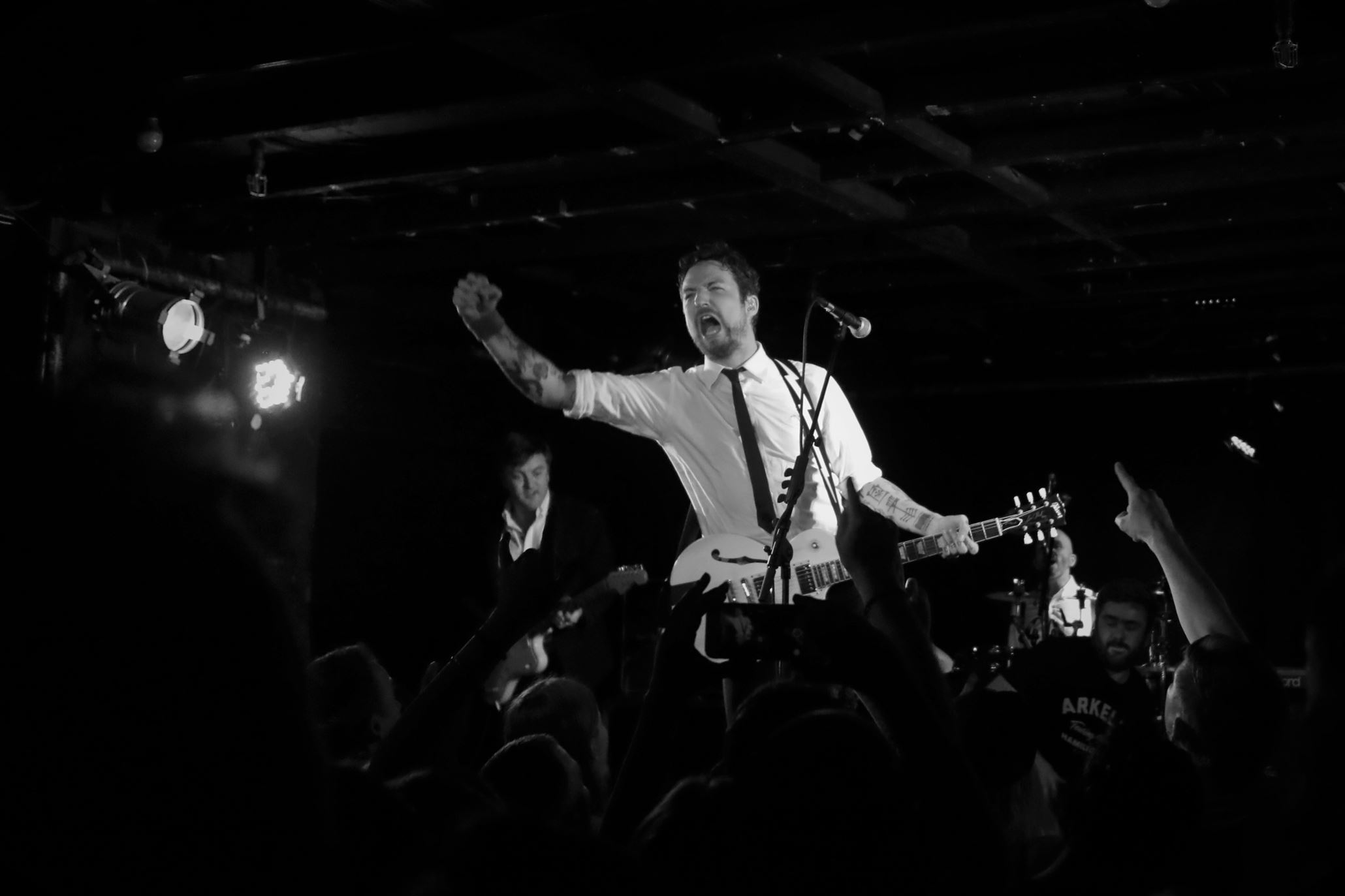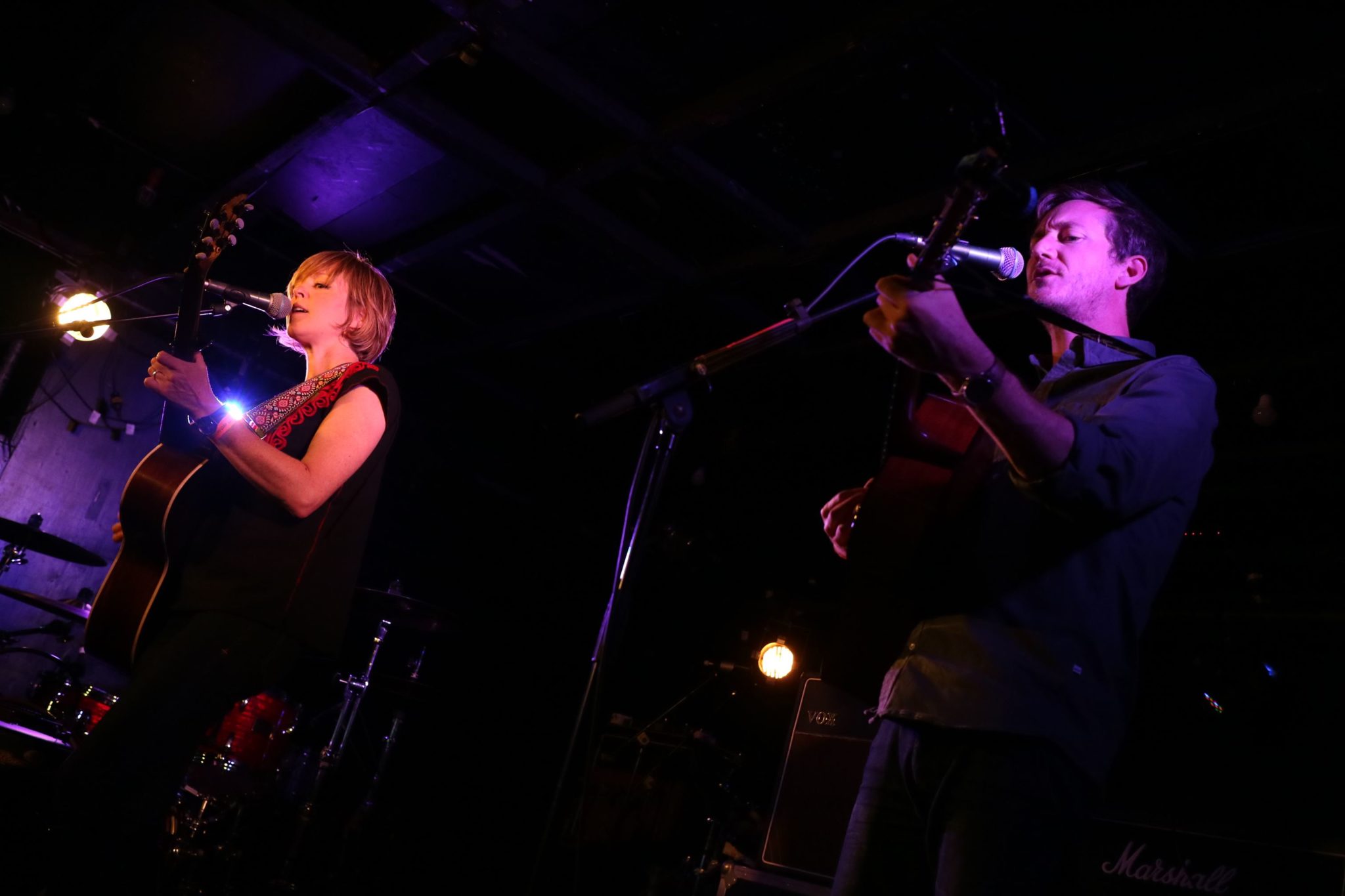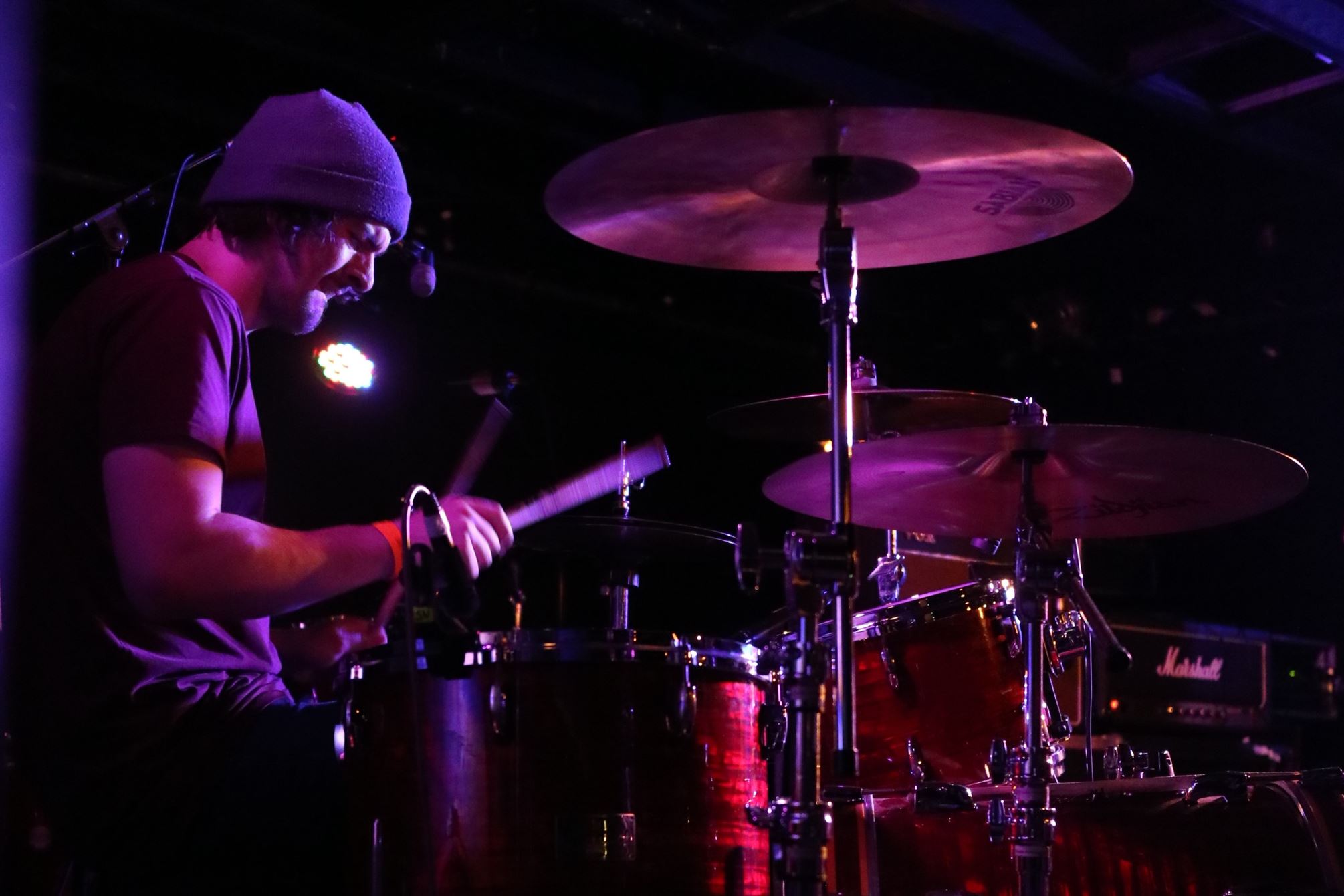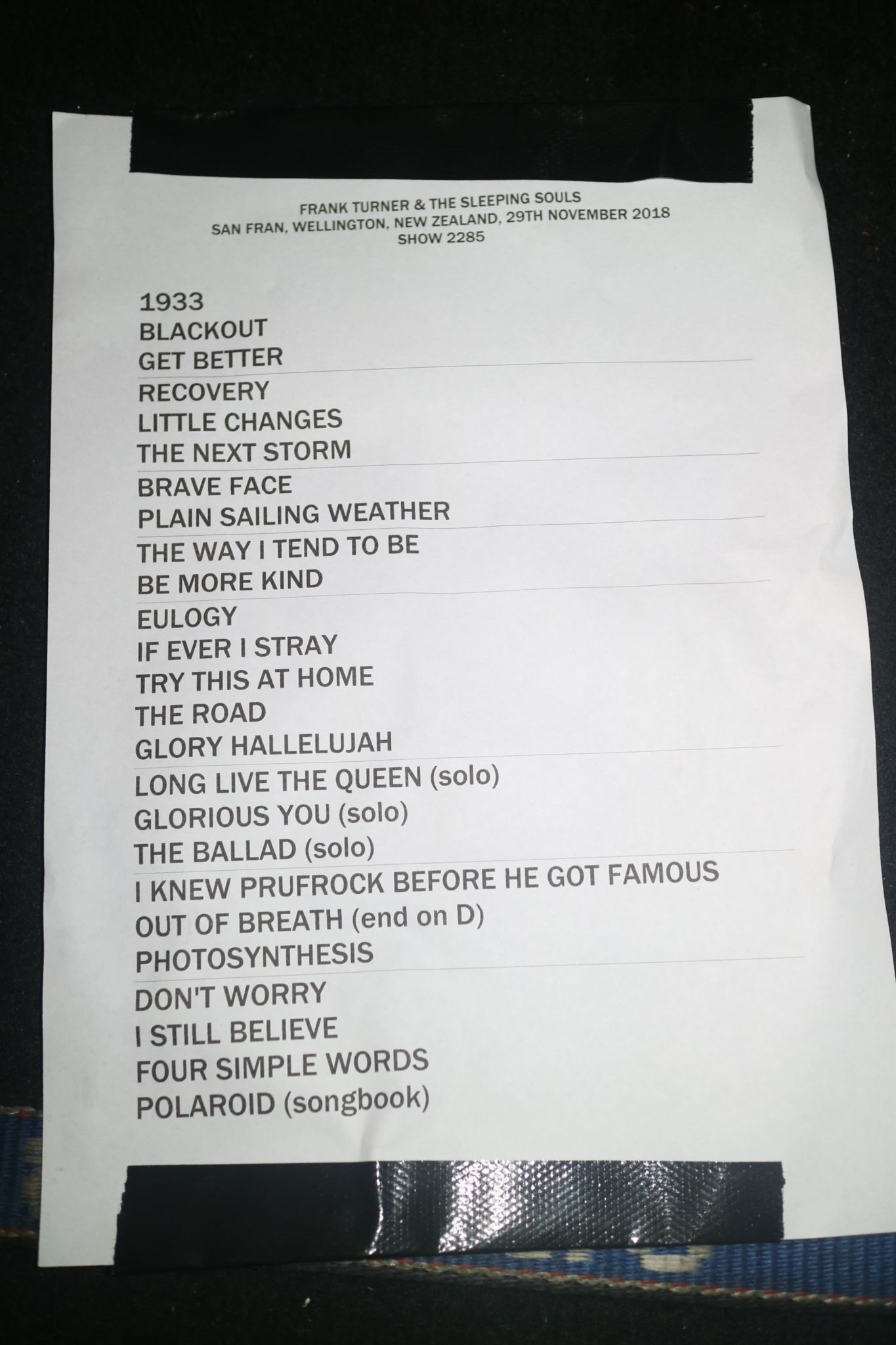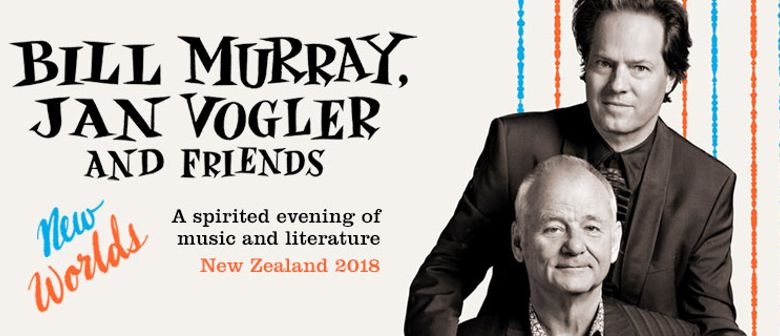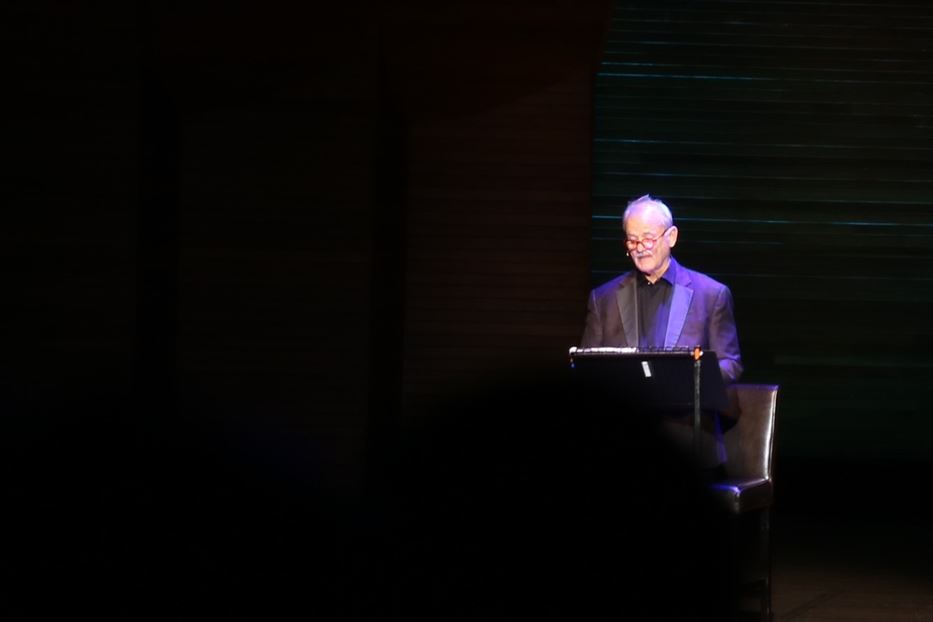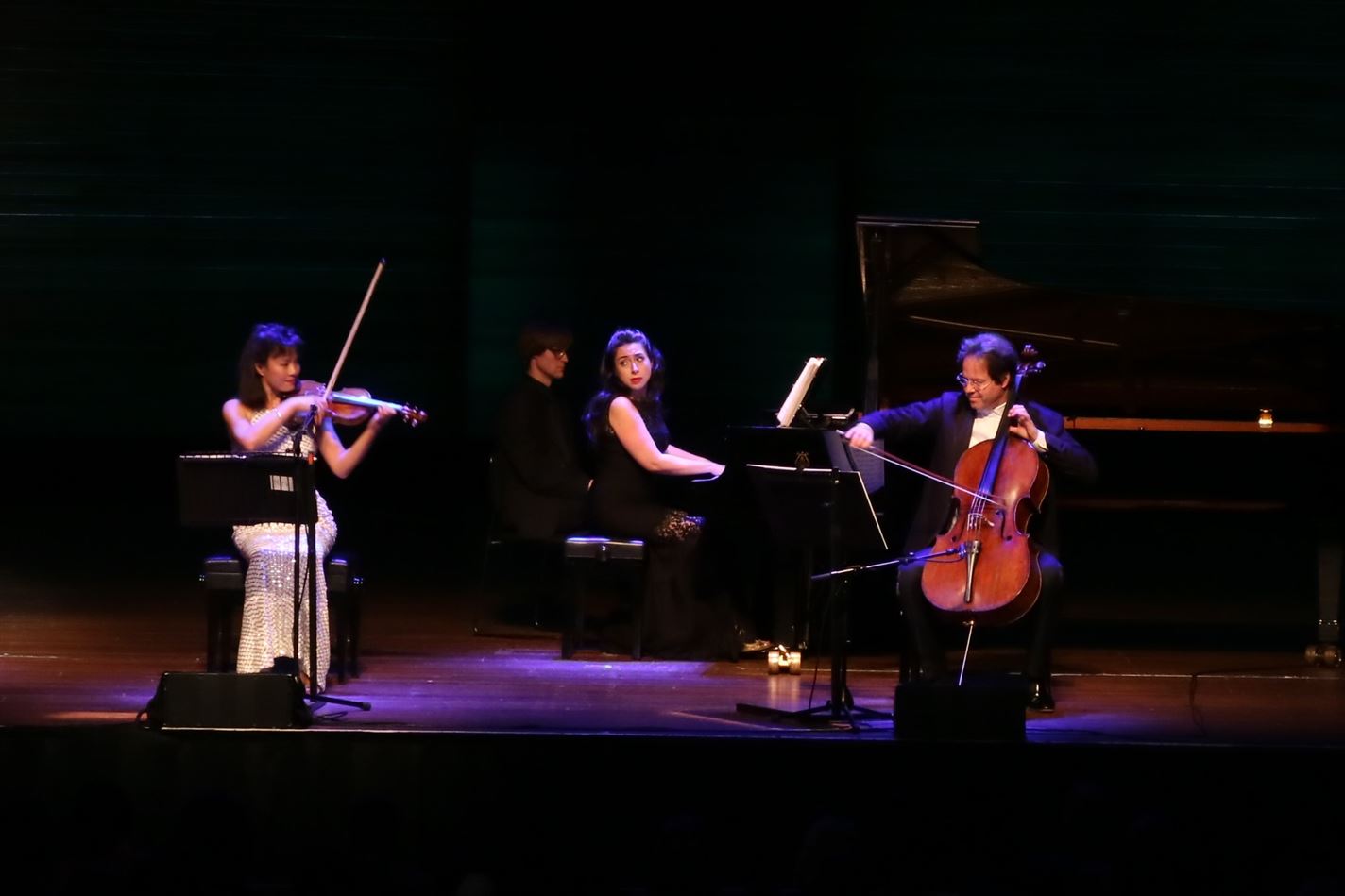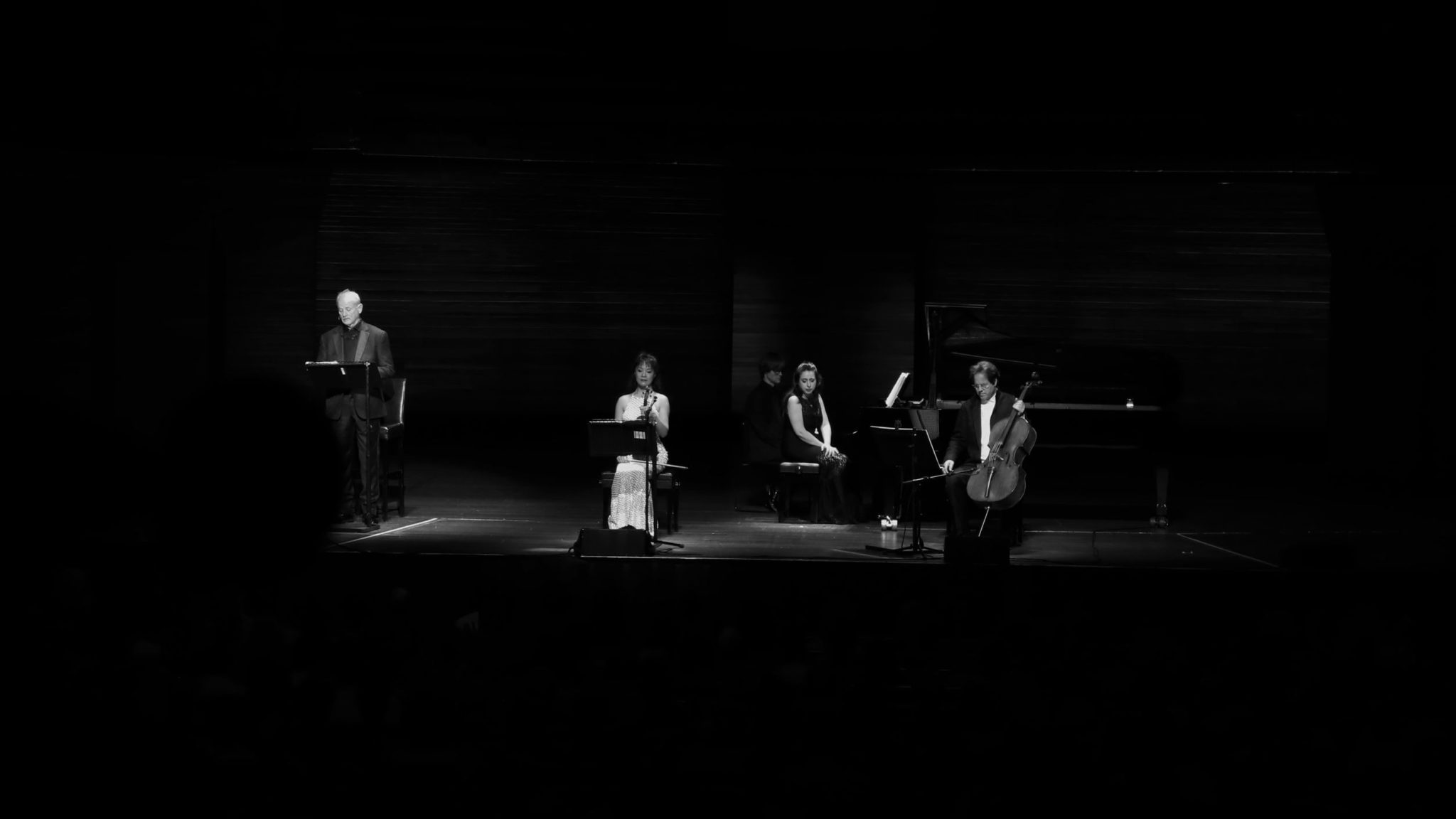Ah, the obligatory end of year listicle. They’re always fun. I love reading those written by other people, and comparing their thoughts against my own. My own annual summaries are never too comprehensive, but still a nice opportunity for reflection.
Live music in 2018
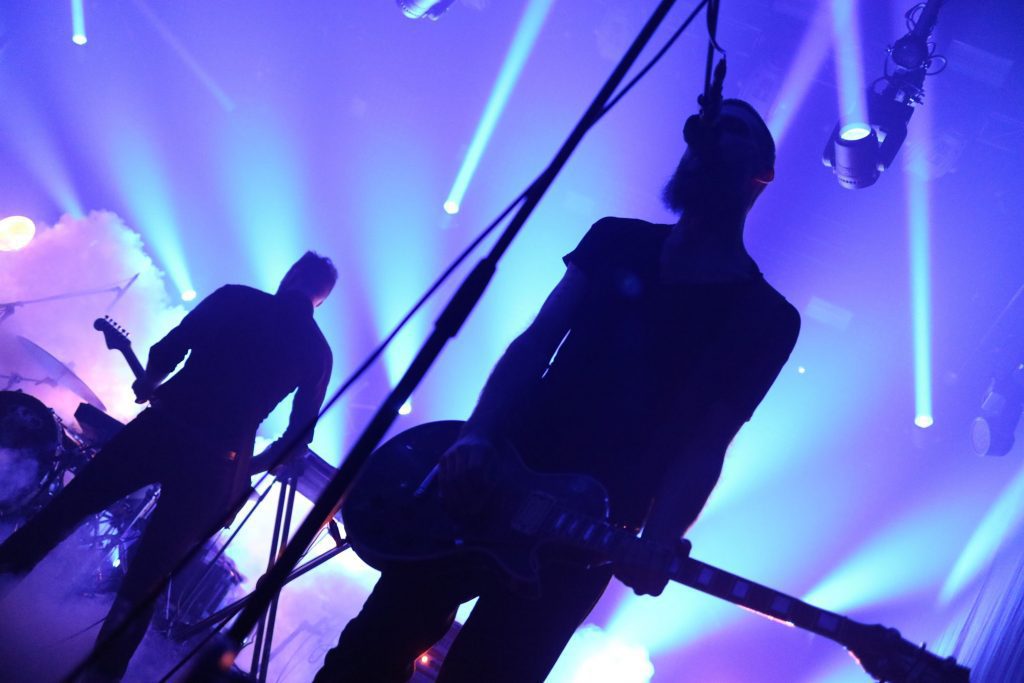
Caspian at dunk!fest 2018
The best show of the year was Caspian at dunk!festival in Belgium. Hands down. It was incredible. The lights, the music, the sheer intensity was overwhelming. I could barely comprehend it all as it unfolded in front of me. It was obvious that they put a lot of planning into creating a fully immersive experience.

The Ocean at dunk!fest 2018
One of the other headliners, Berlin’s The Ocean were also stand out. I don’t usually listen to heavy music of that ilk, but they’re coming to play a small metal venue in my hometown of Wellington next year, and there is no way I’m passing up the chance to see such an incredible band again.
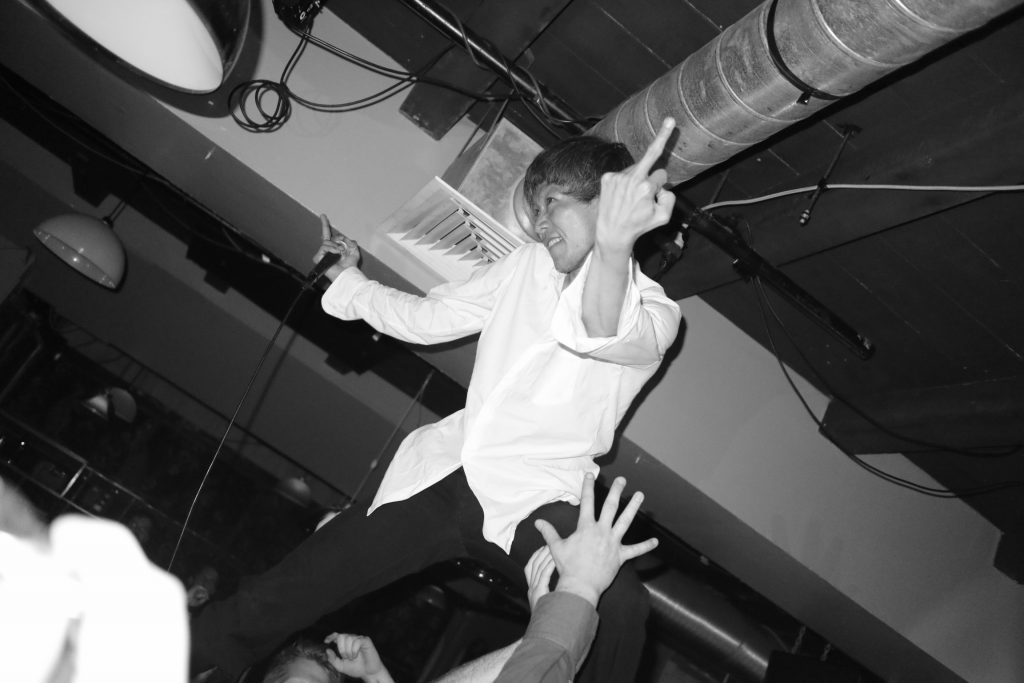
Like their Japanese peers Guitar Wolf, King Brothers and the Vottones delivered incredible performances, with emphasis on the crazy rock and roll antics. They’ve set the bar high, and I don’t think that I’ll see any act play such a wild or shocking set for a log time
Rhian Sheehan has been a favourite of mine ever since I first heard Stories From Elsewhere. I’d missed his past few shows, so jumped at the chance to see him play this time. It was just as amazing as I’d hoped, with beautiful visuals added to complement the stunning music.
The Talking Heads frontman played one of the most impressive shows I’ve seen. Not only was the music great, but the choreography, lighting and stage management was outstanding – not to mention his extremely talented band who were all mobile for the entire set as well.
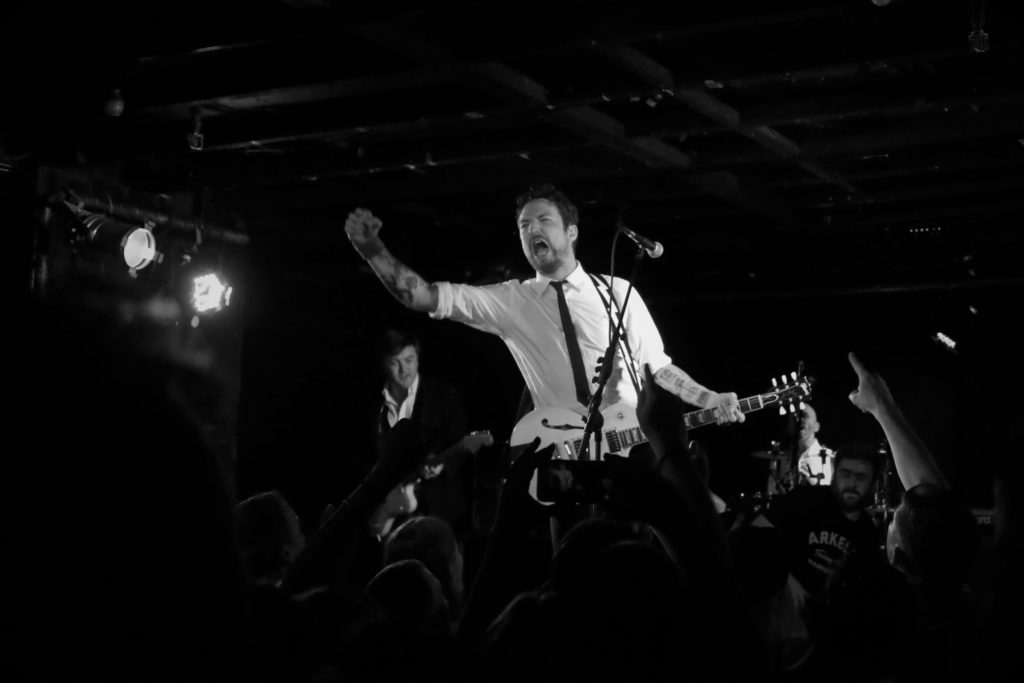
Other highlights include seeing many of my favourite bands: Biffy Clyro, Shihad and Frank Turner (twice!).
Releases in 2018
I’m surprised at my own favourite releases of 2018. Most of what I listen to falls under the umbrella of rock music, but I’ve found myself branching out and exploring pop, hip-hop, folk etc a lot more this year.
The Adults. – Haja. Jon Toogood was blown away by the wedding band when he got married in Sudan. He recorded some beats with them, recruited some local talent in New Zealand, and came up with this brilliant collaborative album as a result. I didn’t expect a feminist hip-hop album from NZ’s best rock singer, but it became my most listened-to album of the year. Seeing it played live was also a real treat.

Estere with The Aduots at Meow
Amy Shark – Love Monster. What is happening to me? Another favourite album I’ve thrashed this year, and this time it’s pop music! I’ve thrashed Amy Shark’s music so much since discovering her, and had a total blast seeing her live at the Hunter Lounge when she came to Wellington.
Tash Sultana – Flow State. I’m gutted I missed Sultana when she came to Wellington, because this record just oozes with talent. Plodding along with laid back vibes one minute, and melting your face off with guitar shredding the next, Sultana proves her abilities time and time again, playing all the instruments on this ripper of a record.
The Beths – Future Me Hates Me. I discovered The Beths thanks to cartoonist Toby Morris, who designed one of their tour posters. Ironically I missed said tour, but managed to see The Beths play their irresistibly catchy tunes when opening for Bloc Party, and at a Christmas fundraiser in December. They’re blowing up fast, so make sure to see them in intimate settings while you can.
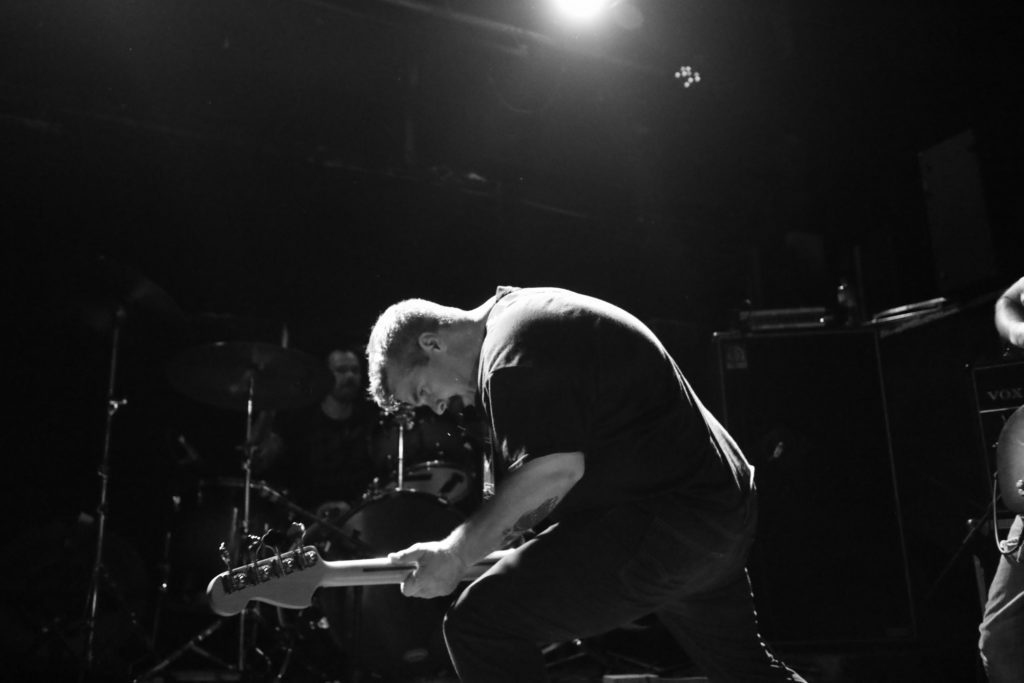
Listener – Being Empty, Being Filled. Listener’s latest album rocks hard. It’s a fascinating concept album which explores the lives of inventors and creators. I was stoked to see them live at Valhalla in Wellington, and Dan and Kris even stayed at my apartment whilst holidaying in New Zealand after their tour.
Winter Dust – Sense By Erosion. Winter Dust immediately cemented themselves as one of my fave post-rock acts with their last EP, so it was awesome to find that their new album is just as good. And album that I had high hopes for, and my expectations were exceeded.
Toe – Our Latest Number. Same old Toe. This EP is exactly what we need from such a talented band. The only problem is that it’s too short. More please!
Thrice – Palms. I’m slightly bitter about Thrice, who postponed an upcoming Australian tour (that I had tickets to) in favour of supporting Bring Me The Horizon on another tour. That said, there’s no denying how great Palms is. Haunting songs that root themselves deep in your mind. I find myself humming their melodies all the time.
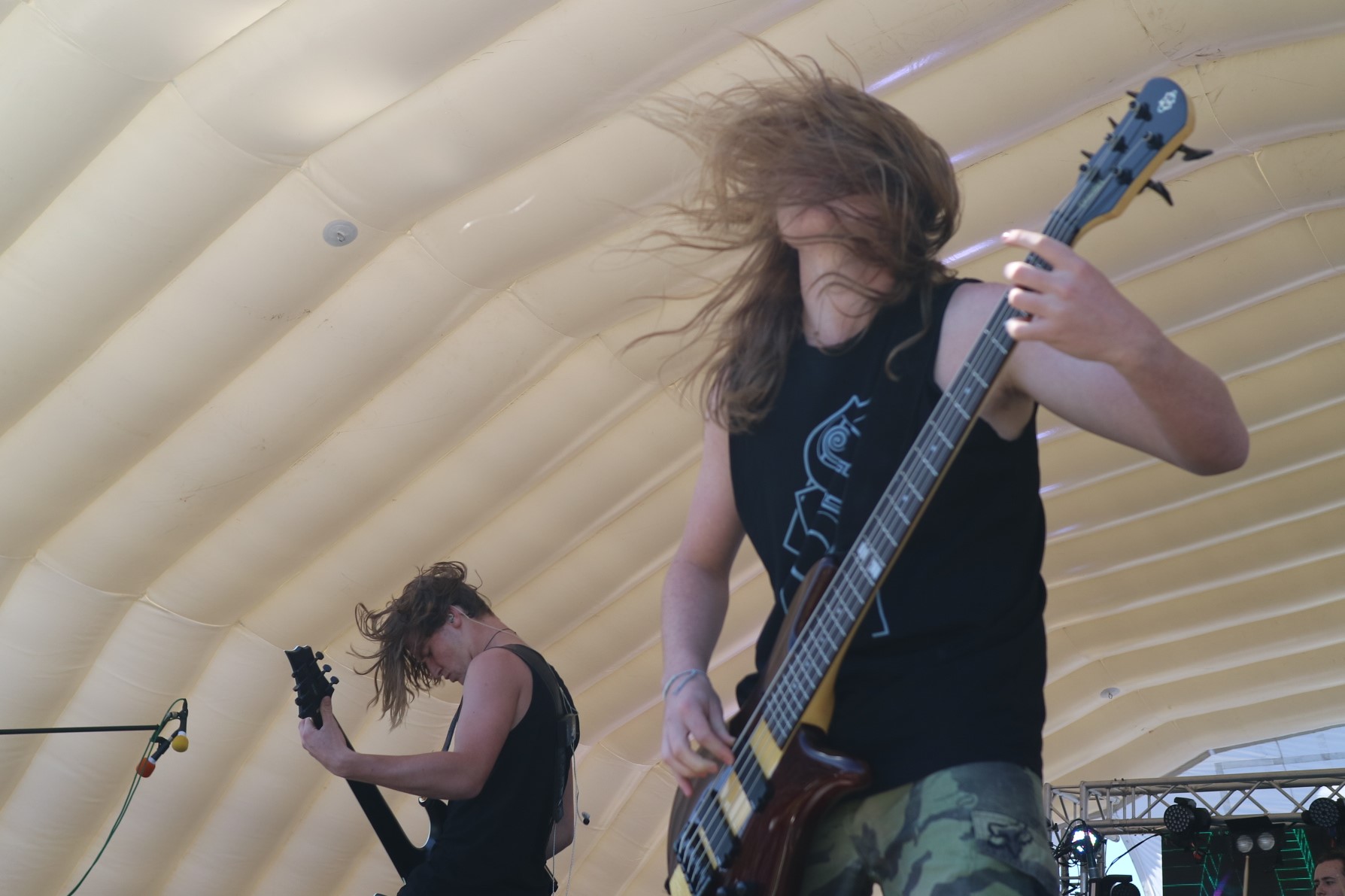
Alien Weaponry in Porirua on Waitangi Day
Alien Weaponry – Tū. I know that I announced Alien Weaponry as the next big thing a while ago, but I never anticipated the level of success they’ve achieved in such a short span of time. This year they’ve released their dubut album, toured Europe and America, and are currently on tour supporting Ministry. We can talk about their age, their culture, and an assortment of other topics, but when you boil it down,Tū is a great album full of furious thrash metal and it’s a blast to listen to at loud volume.
Paper Kites – On The Corner Where You Live. A late addition from my favourite folk act. I don’t think I’ve ever covered Paper Kites on this site, but you really should look them up if you aren’t familiar with them. It starts of with a stunning horn piece, which launches into a well crafted album saturated in feeling. A hazy outing perfect for listening to when you need some down time.
Looking to 2019
I’ve already got a lot lined up for next year. There are some great NZ acts playing Wellington over the next few months: Into Orbit, Skinny Hobos, Beastwars and Head Like A Hole, Hiboux.
I’m also travelling to Sydney in February to see Cog (the same weekend that Thrice were supposed to play before postponing that tour). And I’m excited to attend Download fest in Melbourne in March, featuring heavyweights like Ozzy Osbourne, Judas Priest, Alice In Chains and Slayer.
Conclusion
2018 has been a year of up and downs, like any other year. But if I could pick one moment to encapsulate what I want to remember this year by, it is this:
I had just rejoined my dear friends in the band Ranges. I’d travelled for nearly 40 hours to meet them in Belgium, where I would accompany them on their first European tour. I’d taken the longest commercial flight in the world (Auckland – Doha), and that was just one leg of the journey. As you can imagine, I was exhausted and jet lagged, but full of excitement for seeing my friends and exploring a new continent.
The first show was at Kinky Star in Ghent. Ghent is a wonderful picturesque town with canals, cobblestones, a castle and all sorts of exciting things that you would never see in New Zealand where I live. I’d had a few (strong) Belgium beers, which didn’t help my jet lagged body in the fight against sleep.
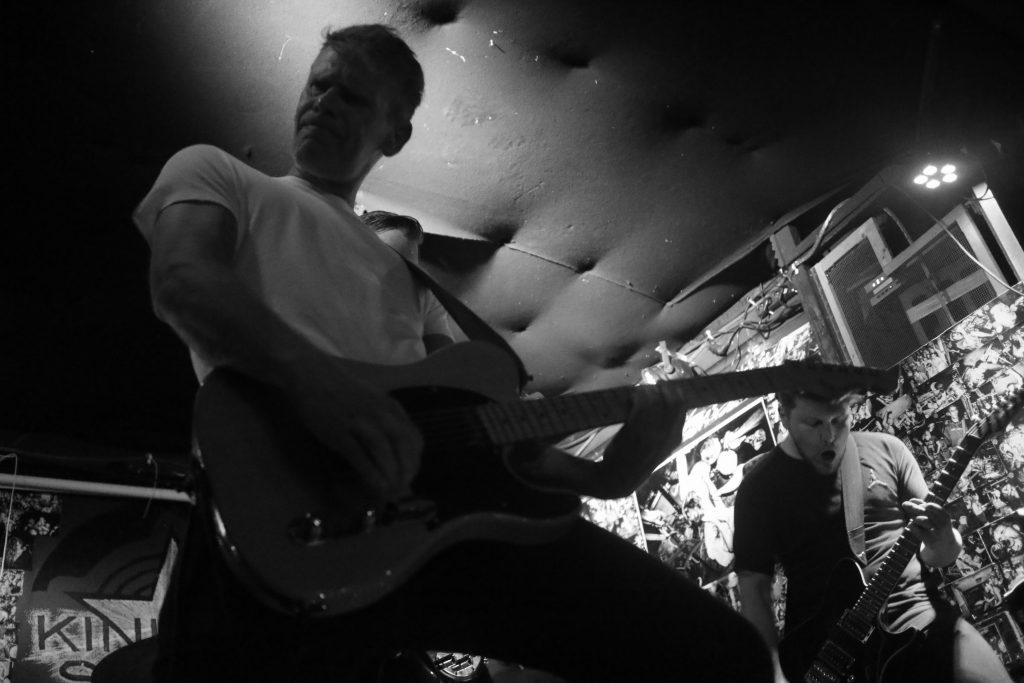
Belgian locals Astodan opened. They were awesome. Great guys, great music. Check out their album Ameretat.
Sadly, I didn’t make it through Ranges entire set. But there is one thing stays in my mind when I think back on that show. One of the locals kept shouting “Perfecto!” at the band. It was both hilarious and endearing, the most wholesome heckling ever. The guys from Ranges loved it too.
And that’s what I want to take away from 2018: even when I’m feeling worn out and have to tap out, there is always something small that I can focus on to laugh at and cheer me up.
Perfecto, my friends, perfecto!
p.s. Let me know what you enjoyed reading on Will Not Fade this year! What do you want to see more of? Comment below, or on Twitter or the Facebook page. I’m keen to take on feedback.
Words and photos by Joseph James
